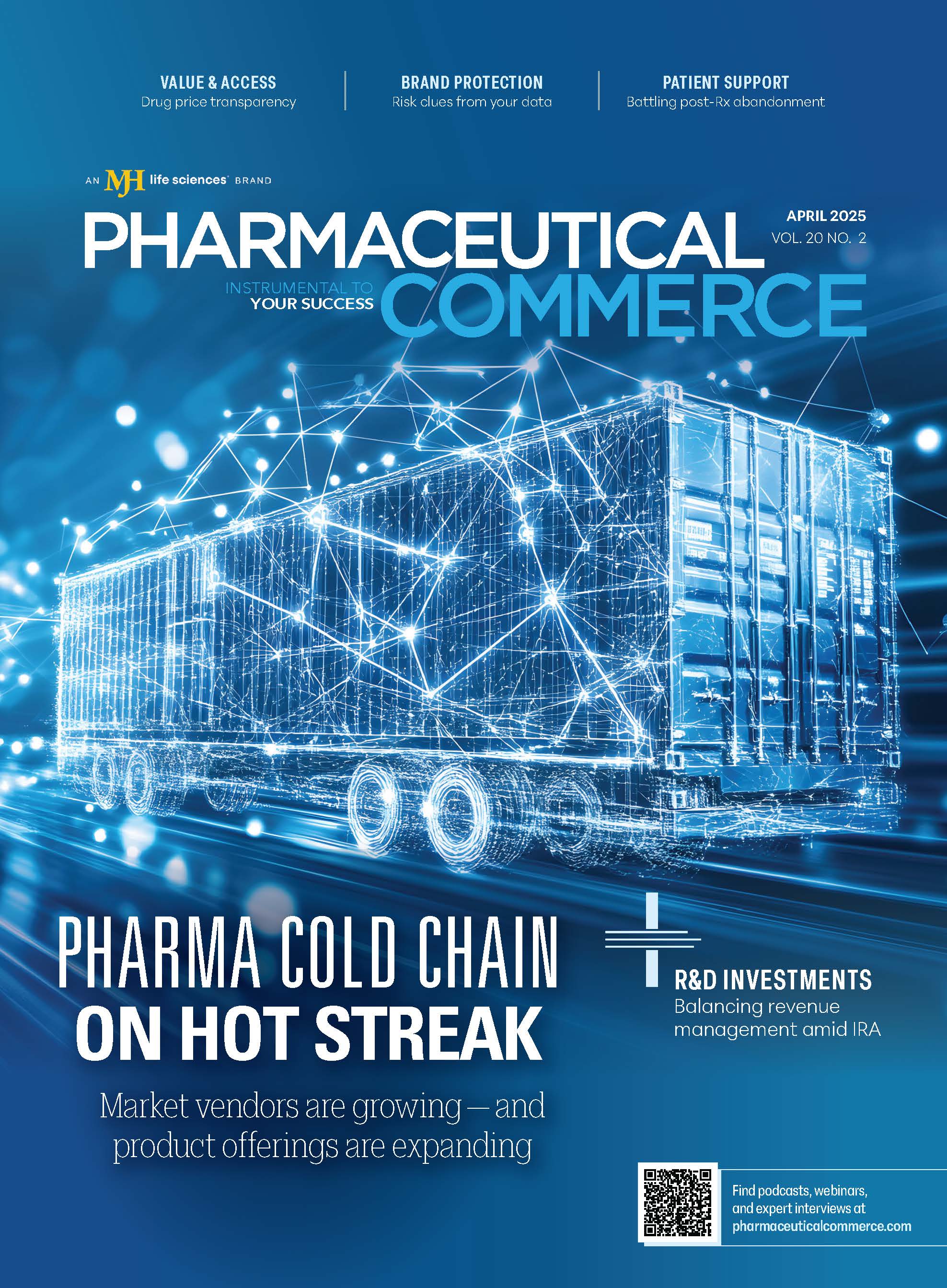Tariffs Galore: Where Do We Stand?
One expert's take on reshoring pharma manufacturing services in the US amid likely tariffs to drugs looming.
Since the publication of our last print issue in February, our editorial team has been working diligently to accurately provide the latest updates surrounding President Trump’s announced tariffs on various US global trading partners. With Canada, for instance, there has been a tit-for-tat of import taxes revolving around border protection, along with steel and aluminum. Meanwhile, China announced retaliatory tariffs of their own on US farm exports. And the global trade war, in particular between the US and China, has escalated from there, with new developments seemingly every day. (See recent coverage here and here from our sister brand Pharm Exec on the potential tariff implications for pharmaceuticals.)
These developments impact the supply chain as a whole, but what has truly resonated with our readers was the potential 25% (or higher) tariff on pharmaceuticals that was announced in late February. With tariffs on pharma imports looming in the next month or two, Trump has said previously that he intended to provide what he believes is ample time to drug manufacturers to set up shop in the US by reshoring their manufacturing services.
I recently spoke with Brad Stewart, national life sciences co-leader at BDO, to answer the following question: If I’m a manufacturer with the capabilities to do so, is it worth returning manufacturing to the US, even with the potential of events changing post-Trump administration?
“If I can move some of that capacity back in the United States, look to do more of the work here so that I'm not worried about what the taxes or tariffs or anything else may be going forward, those are just things that allow me to focus on my core business of making products to help save people's lives,” Stewart said. “I think the other thing—particularly about whether people will start to build new capacity in the United States, which [Eli] Lilly is doing—is that it’s a much more expensive thing to do, but I certainly think it makes sense if anyone's planning on building new capacity to very seriously consider doing that in the United States.”
Amid the tariff uncertainty and likely formal enactments to come, readers can visit pharmaceuticalcommerce.com for all the newest and latest developments as they occur.
Nicholas Saraceno is Pharmaceutical Commerce's Editor. He can be reached at [email protected].
